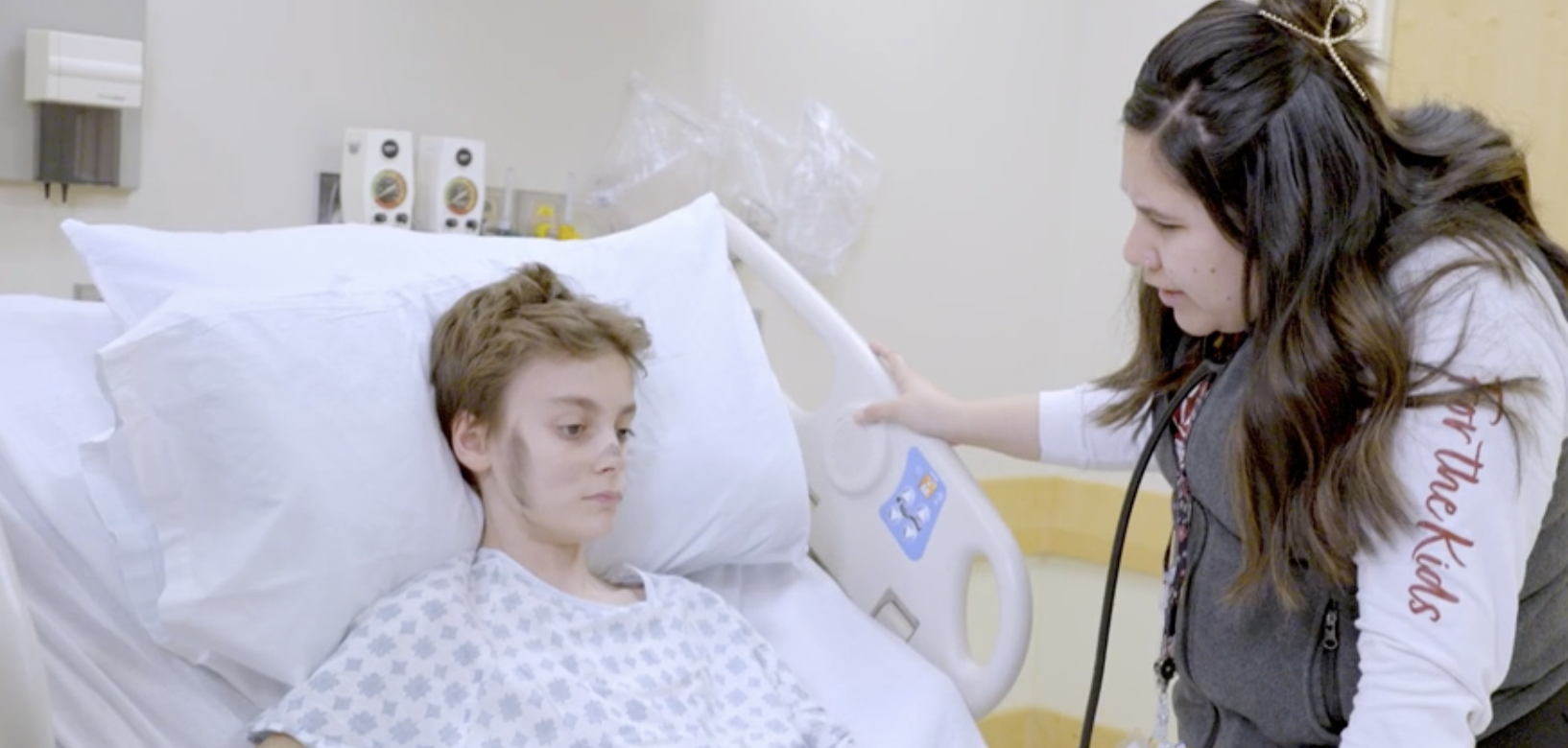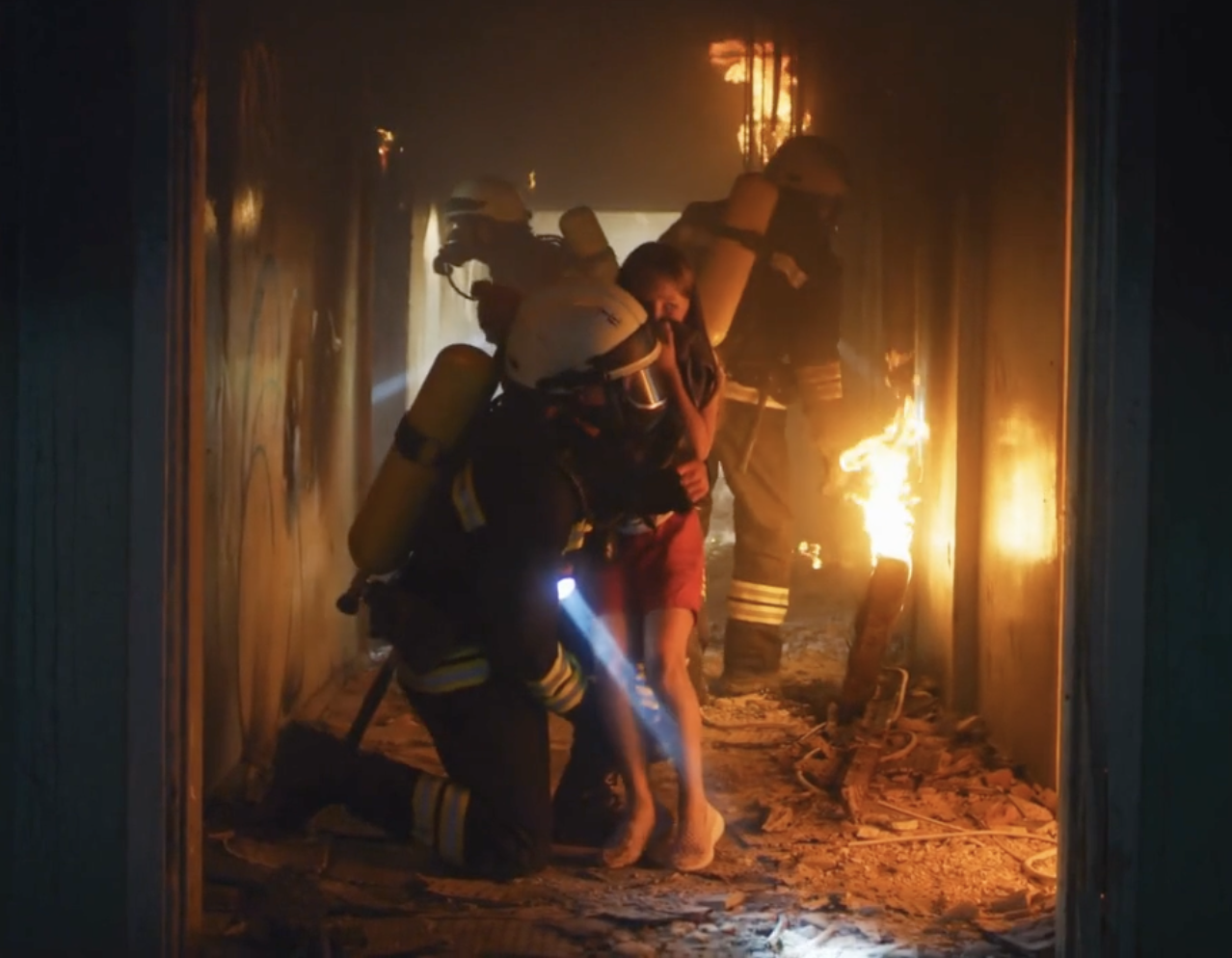
A case-based, question-answer style course that should take about 50 minutes to complete.
Upon completion of this module, learners will be able to:
- Identify the potential behavioral health impacts of disasters on children, including signs and symptoms of medical traumatic stress and post-traumatic stress disorder.
- Recognize risk factors and protective factors for disaster-related behavioral health problems in children.
- Demonstrate familiarity with methods of fostering adaptive coping mechanisms in pediatric patients and their families throughout the disaster cycle.
- Identify toolkits and other resources to share with families to help mitigate, recognize, and manage behavioral health problems related to a disaster.
This module targets pediatric residents, however, you may find this helpful if you are a pediatrician, APP, nurse, or any medical professional that directly cares for children.

This course, the first in a series about pediatric disaster medicine, contains two modules on the following topics:
* How to respond to a pediatric hospital search event.
* How to respond to a pediatric clinic shutdown due to weather.
This course is designed to empower pediatric residents, practicing pediatricians, and pediatric advocates with the knowledge they need to ensure children receive quality care during disaster events. The course consists of video scenarios, knowledge checks, and additional resources to dive deeper into topics of interest. Users should expect to spend approximately 60 minutes to complete all activities and skim the readings. This module targets pediatric residents, however, you may find this helpful if you are a pediatrician, APP, nurse, or any medical professional that directly cares for children.

This toolkit was created by Children’s Mercy Kansas City Emergency Management and made available for public use by the Pediatric Pandemic Network (PPN).
